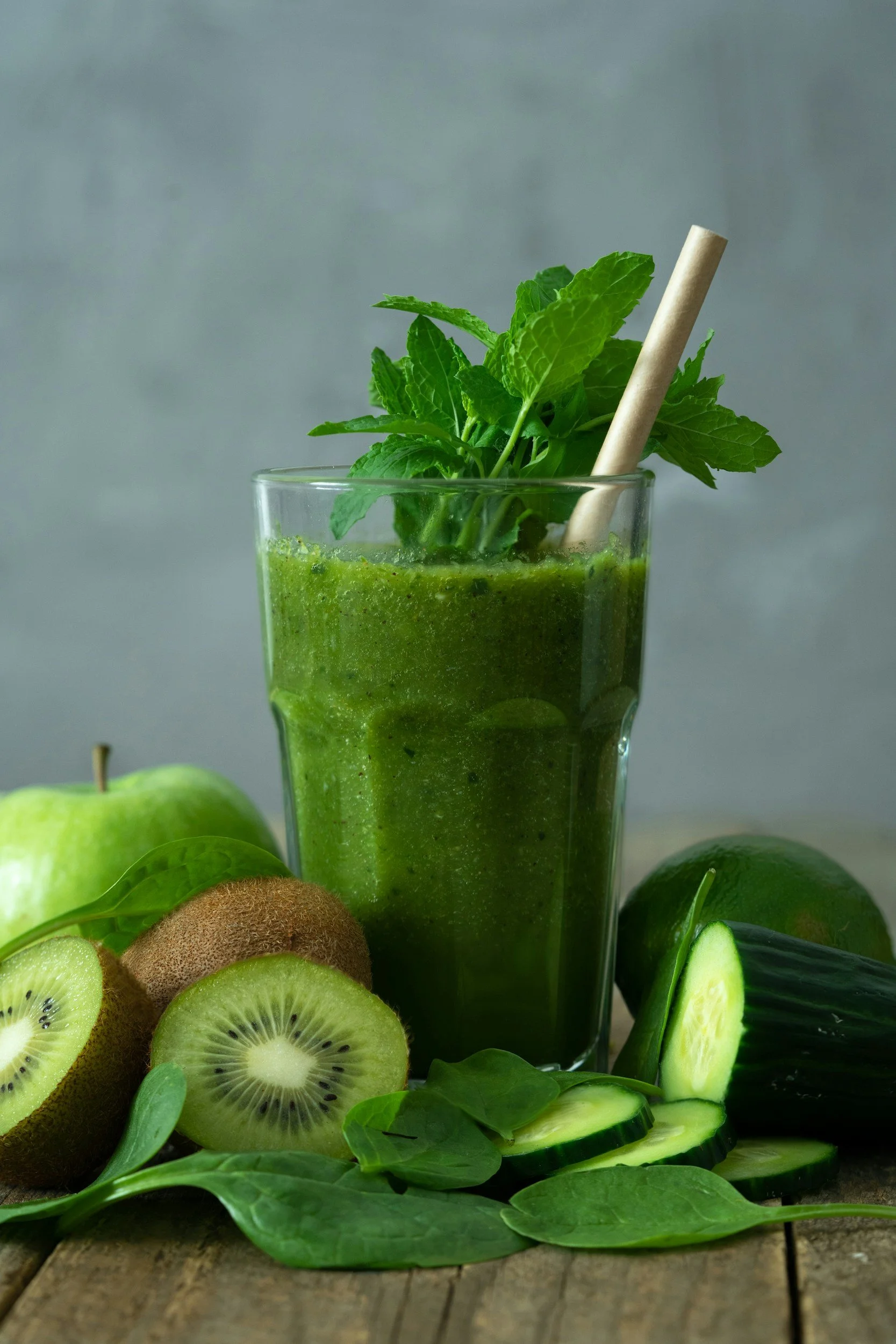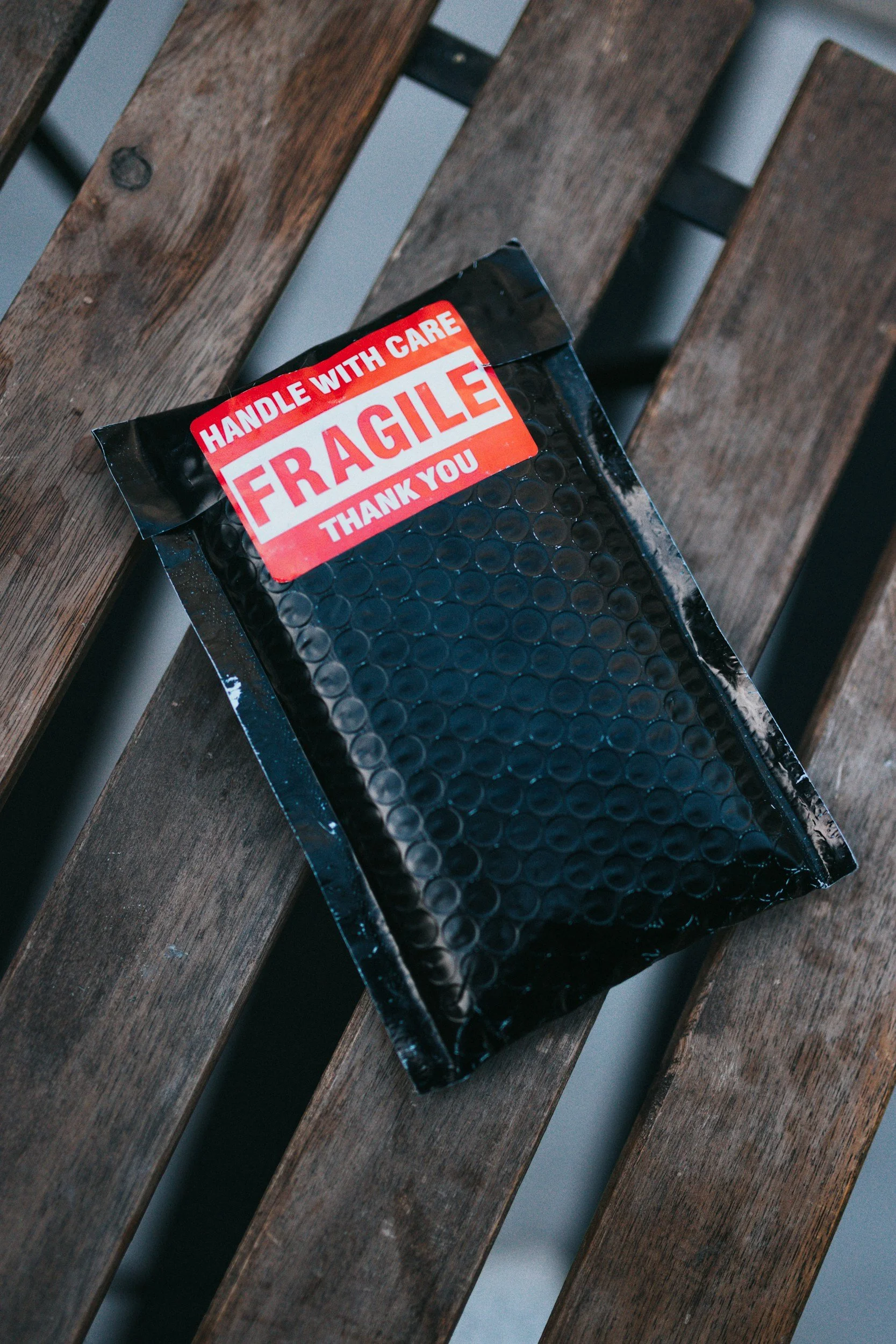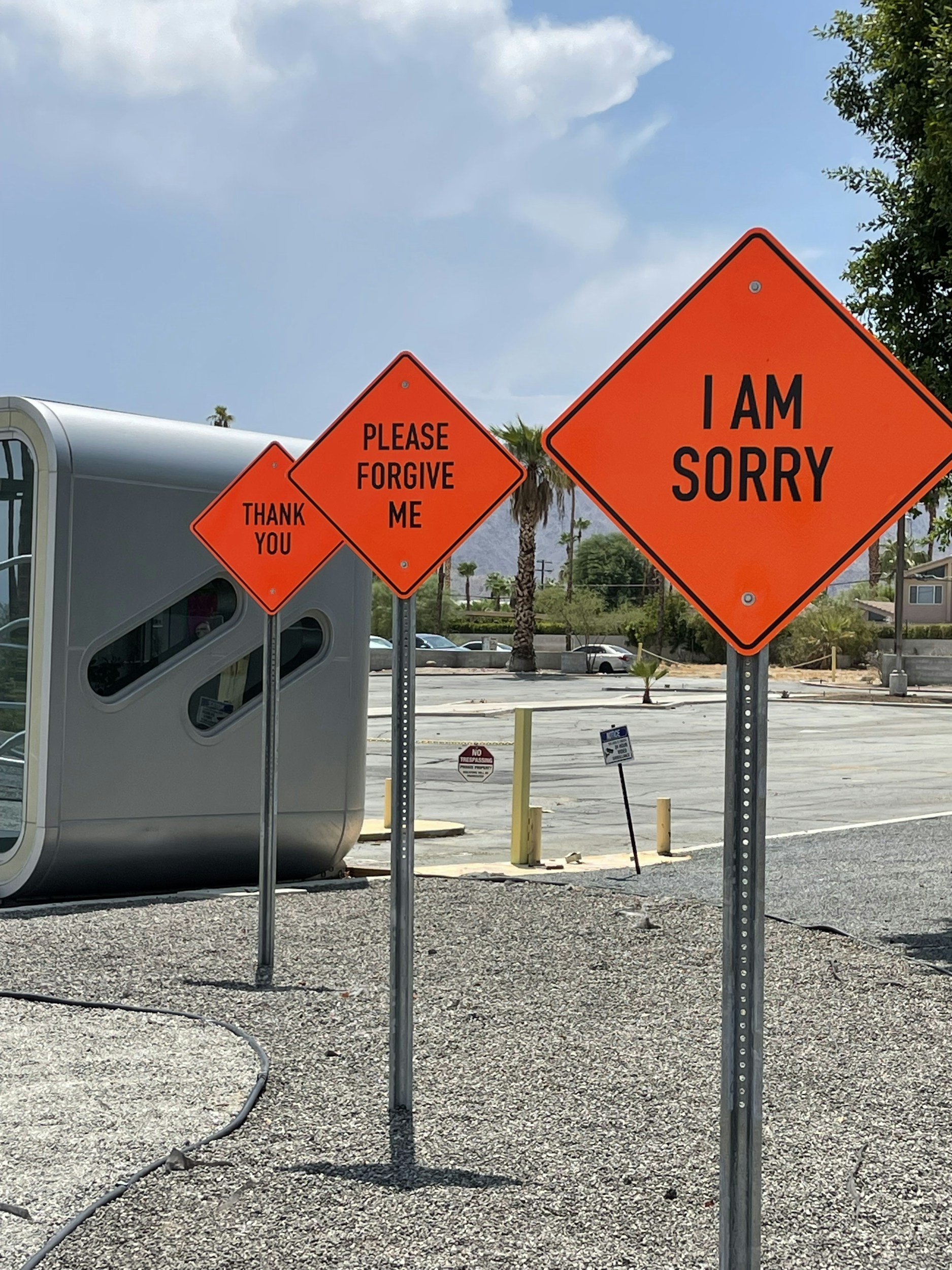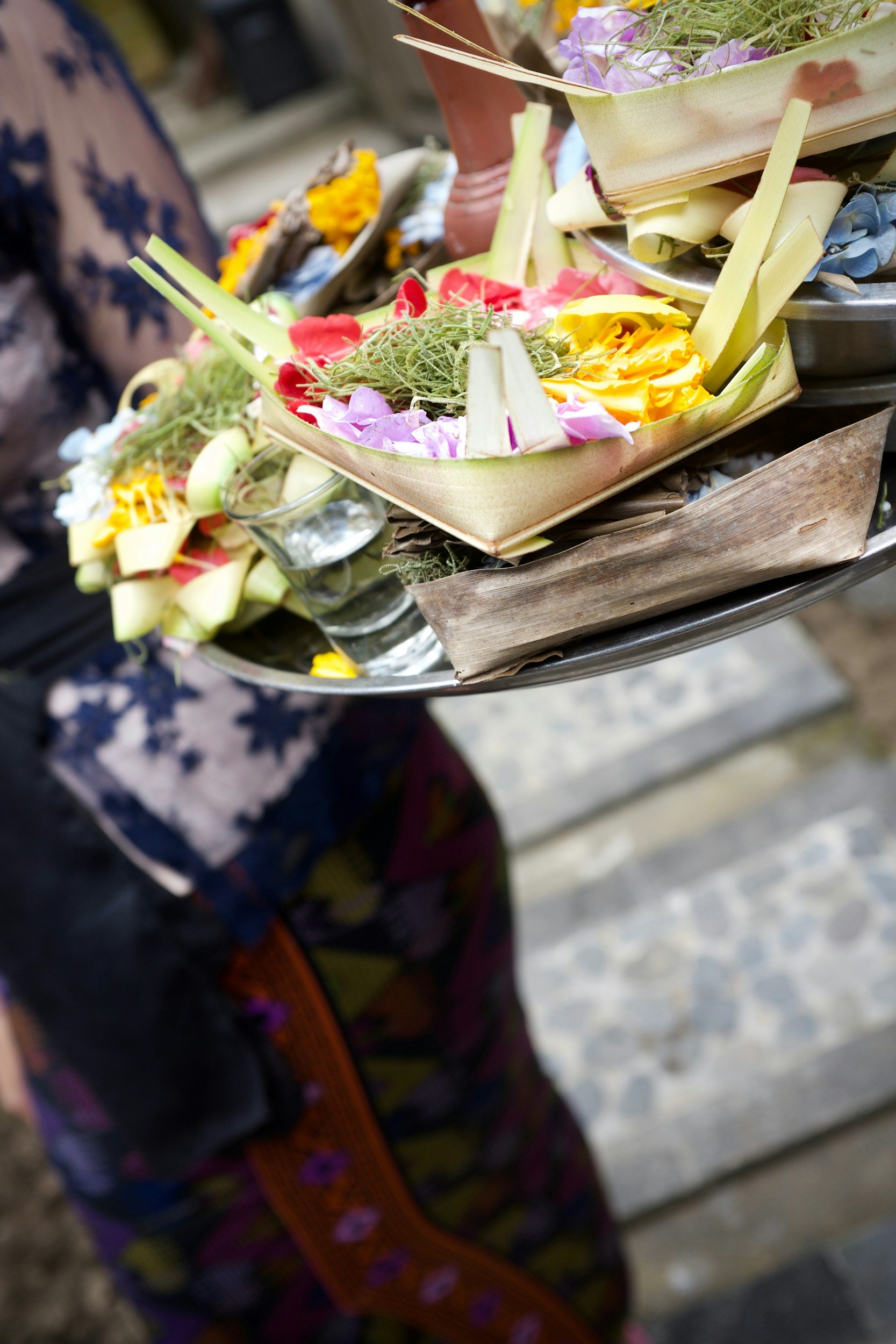The Traditional Igbo Way to Seek Forgiveness
Forgiveness in traditional Igbo culture is a deeply communal and spiritual practice, rooted in sincerity, accountability, and reconciliation. It’s not just about saying, “I’m sorry.” It’s about taking intentional steps to mend the energy and relationships affected by your actions. In this post, let us break down its brilliance in a way that might just change how you see forgiveness.
Step 1: Directly Approach the Person You Have Offended
In Igbo culture, accountability starts with you. If you’ve wronged someone, the first step is to approach them directly—face-to-face if possible—and ask for their forgiveness. Words carry power, but so does presence. Showing up and sincerely acknowledging your wrongdoing is the first energetic step toward restoring balance.
Here’s the catch: it’s not a one-time thing. You’re expected to make at least three (sometimes seven) attempts, with sincerity each time, to show your commitment to mending the relationship. This doesn’t mean you have to pester someone into forgiving you; it’s has more to do with demonstrating humility and genuine remorse.
Step 2: Involve Their Family or Close Circle
If your repeated efforts fail, tradition allows you to involve the person’s family or close friends. This step is significant because it leans on the communal nature of Igbo society. Families and communities hold powerful influence, and they can act as mediators or advocates to persuade the offended party to forgive.
When taking this route, you must fully disclose what you did, why it was wrong, and how it affected the person. This transparency is key—half-truths won’t cut it. You might also bring a small gift, not as a bribe but as a tangible expression of your sincerity. Think of it as a peace offering.
Step 3: Be Persistent but Not Overbearing
Here’s where patience comes in. You are encouraged to make several attempts—seven is the cultural benchmark—at different times and in various ways. Each attempt must be genuine and well-intentioned. But here’s the thing: after you’ve done all you can, you are culturally and spiritually free to live with your conscience, even if forgiveness is not granted.
What Forgiveness Doesn’t Mean
It’s very important to understand that in Igbo traditions, forgiveness doesn’t always mean justice has been served. For serious offenses, the community may still decide to address the issue collectively, to ensure proper accountability. Forgiveness here is more about repairing interpersonal and spiritual relationships, not bypassing consequences.
Why Forgiveness is Direct and Personal
One of the most fascinating aspects of this process is the insistence on directness. Forgiveness can’t be granted by proxy. You can’t confess to a third party and expect the slate to be wiped clean with the person you offended. Similarly, no one can forgive you on someone else’s behalf. This ensures that the act of seeking forgiveness remains deeply personal and intentional, reinforcing accountability at its core.
The Energetic Benefits of Seeking Forgiveness
This practice wasn’t just about keeping the peace in the physical realm. It also had spiritual implications. Seeking forgiveness sincerely gave people a chance to clear their conscience and prevent negative karmic energy from being passed down to their children or lingering in their own lives. It was a way of ensuring spiritual cleanliness and alignment with their Chi.
Modern Takeaways for Practitioners
If you’re a modern-day practitioner, take note: this is forgiveness rooted in action, not just words. It’s about humility, honesty, and the willingness to repair what’s broken. It challenges us to face the discomfort of accountability and teaches us that forgiveness is a shared journey between the seeker and the giver. And in the end, even if forgiveness isn’t granted, knowing you’ve done all you can frees you to move forward with integrity.
So the next time you feel the weight of guilt or regret, remember the Igbo way: approach directly, apologize sincerely, involve community when necessary, and let your conscience rest easy knowing you’ve honored the process.
In the words of Igbo ancestors, "Ihe onye metalu, o buru”—you reap what you sow. Sow seeds of transperency, and you might just harvest peace.





























